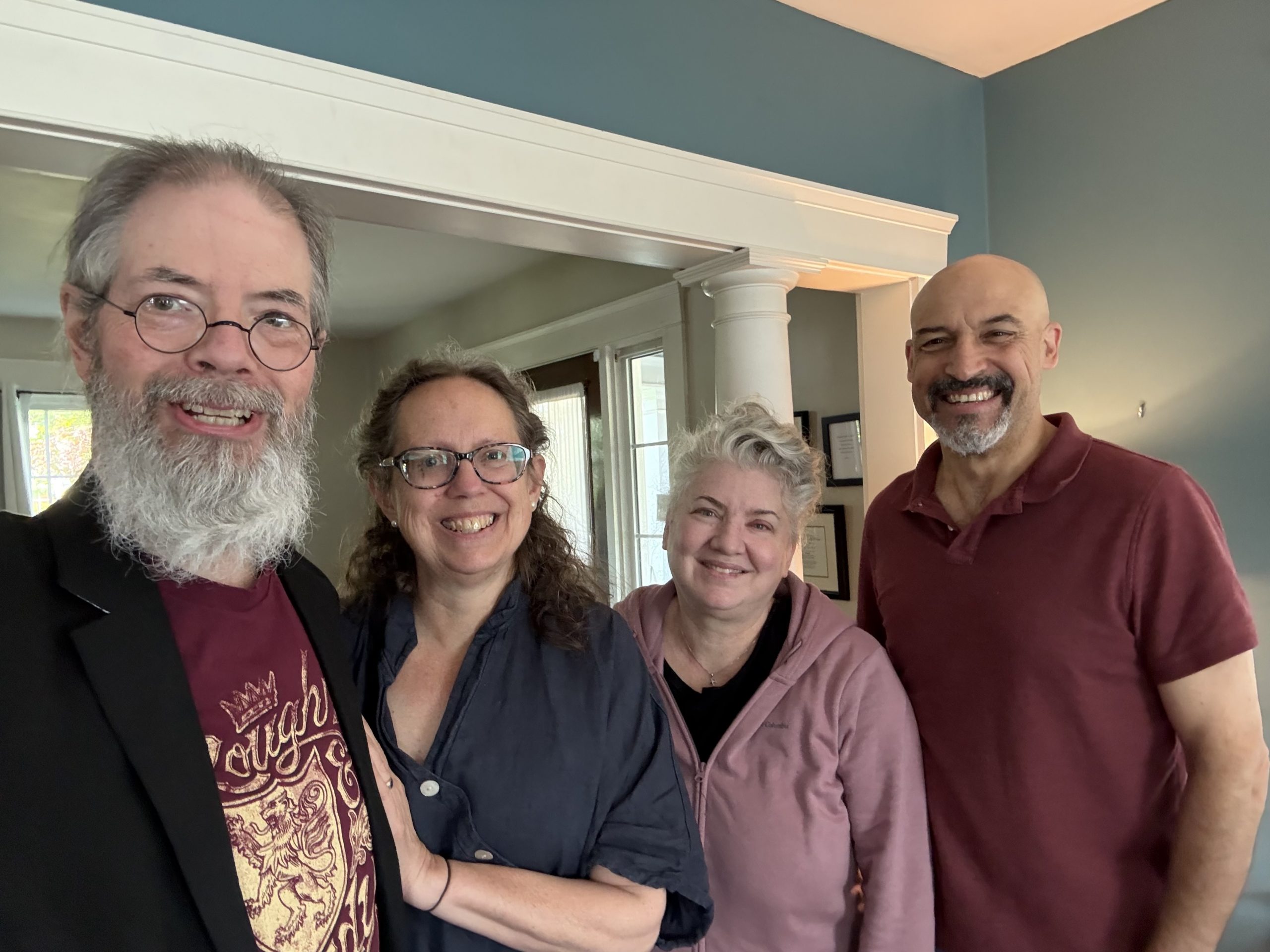Something Alan Jacobs said the other day started my brain itching until I realised what was bothering me. He was responding to Ted Gioia’s panegyric on Oxford’s teaching (and examining) as a remedy for AIism; Ted said, ‘For a start, professors in the US would refuse to spend so much time face-to-face with students’, to which Alan replied ‘I know many professors who would strongly prefer to spend more face-to-face time with their students — if they could be delivered from the responsibilities of regular publishing’.
So as an American emigré to Great Britain, I not only see both sides, I have been both sides. Here are some things neither Alan nor Ted mentions.
(a) British publish-or-perish culture is every bit as intense as in the US; indeed, it’s publish-or-you-don’t-get-a-job-in-the-first-place. And with no US-style tenure, it’s keep on publishing. Of course, some professors leverage the urgency of their publishing to spend less time face-to-face with students (lectures rather than tutorials, for instance) though that sets them up for a heavy load of committee work and grant-seeking. Trust me, although I would have accepted a professorial post, it would not have been an Empyrean privilege. (If nothing else, those pay better.)
(b) Because we no longer have academic tenure (thank you, Margaret Thatcher), the pressure to publish never stops.
(c) I don’t know very many teachers in the humanities who want not to see students face to face. Now, I do know many whose spirits flag because of the particular students they do see face to face, but they flag because my colleagues can imagine working with more exciting, inspiring students, and would like to. I’m sure there are faculty for whom student-dodging is a way of life, but I suspect such figures get more attention than their numbers warrant simply because they make such easy targets for japery. Here at Oxford, most of the staff I know (including many professors) spend a lot of face time with students (albeit for some, that’s a lot more time to PG students than undergrads). Me, I can’t envision what my life will be like without students in it.
(d) To the extent that professors and other postholders can and do dodge students at Oxford, the students are covered at least as much by a cadre of part or full-time contingent staff who could easily be (many have been) full-time staff at another uni, as by allegedly under-qualified PG students. A lot depends on which college, what discipline, and whether an academic dean or senior tutor cares much about the topic (shock! horror! not all Oxford colleges give… much attention to who tutors theological topics for them, if they employ any theologians at all). Further: Oxford DPhil candidates are rarely so ‘under-qualified’ as that discourse implies, and especially not where a college cares about its theologians.
(e) Oxford’s system (and, I gather, Cambridge’s is similar) has grown in a particular way in particular circumstances, such that it would be extremely difficult to reproduce in an academic start-up. As Alan points out, the staffing model differs from other typical institutions, but (as neither mentions) the curriculum model is very different. Oxford undergraduates typically sit eight papers in their three years, and often have the same tutor for several of their papers; I took thirty-two classes over four years for my undergraduate degree, from many different faculty. I don’t have the time to work out comparisons, but the complexity of the errand by itself suggests the impossibility of generating such a moddel out of thin air. Probably the best chance would be at an internal ‘honours college’ such as the one where Alan teaches, or a theological college on the border of financial security, that might reconfigure its curriculum toward a pattern of lectures, essays, exams, and [internal] qualifications.
(f) Oh, by the way, sitting written exams is a straightforward a way of defeating illicit use of LLMs. Go, us! I recognise, Oxford recognises, that some people are disadvantaged by written exams, and we offer accommodations intended to attenuate those disadvantages. On the other hand, if somebody knows a mode of evaluation that disadvantages no one, please let me know. At the moment we are considering ways of extracting students from the trap of relying on LLMs instead of writing; written exams (and formative essays) provides a road-tested way of conducting assessment that renders LLMs useless.

